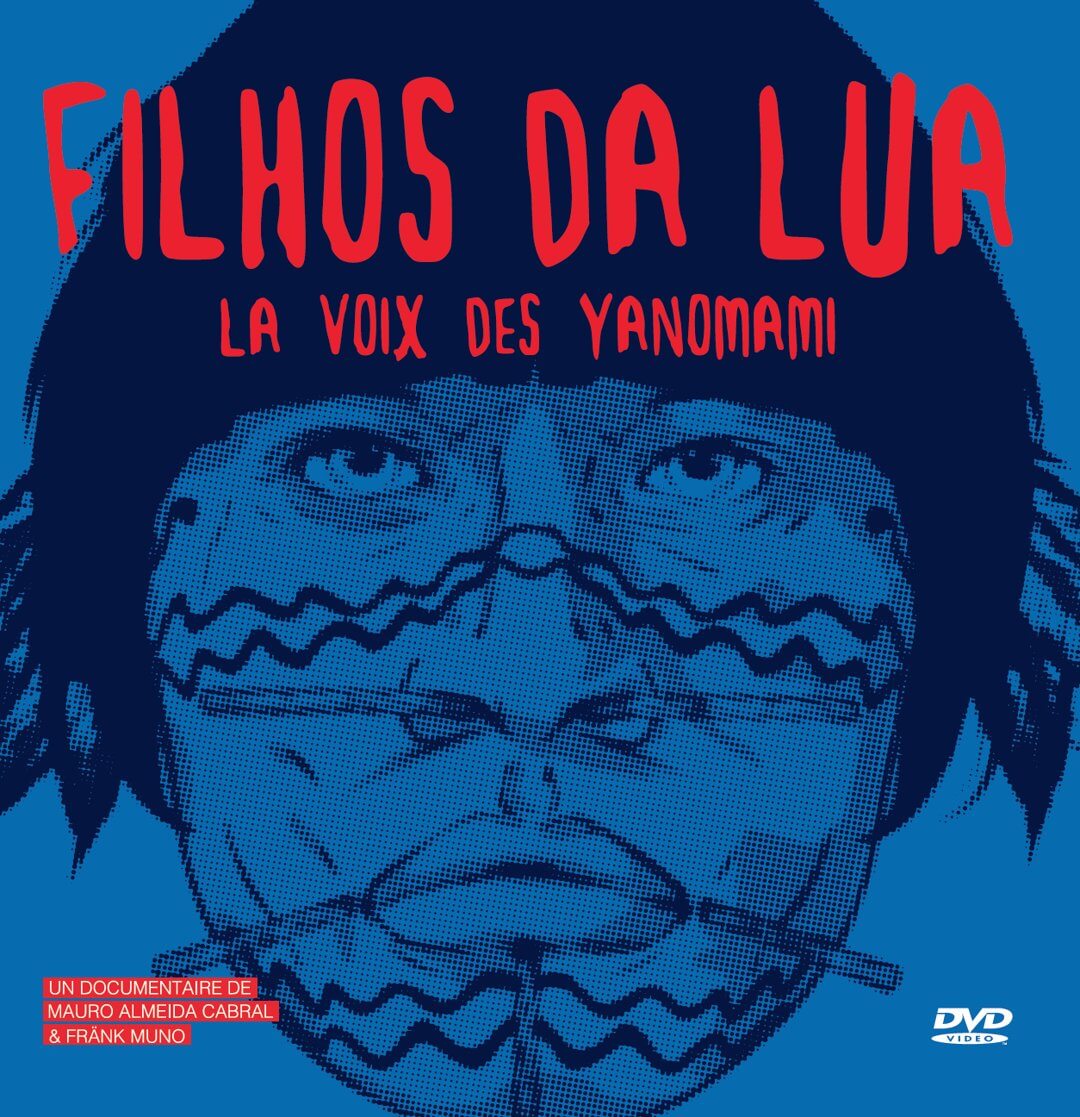 The Yanomami, also spelled Ya̧nomamö or Yanomama, are a group of approximately 20,000 indigenous people who live in some 200–250 villages in the Amazon rainforest on the border between Venezuela and Brazil.
The Yanomami, also spelled Ya̧nomamö or Yanomama, are a group of approximately 20,000 indigenous people who live in some 200–250 villages in the Amazon rainforest on the border between Venezuela and Brazil.
In the mid-1970s, garimpeiros (small independent gold-diggers) started to enter the Yanomami country. Where these garimpeiros settled, they killed members of the Yanomami tribe in conflict over land. In addition, mining techniques by the garempeiros led to environmental degradation. In 1990, more than 40,000 garimpeiros had entered the Yanomami land. In 1992, the president of Brazil Collor de Mello accepted the opening of a Yanomami Park founded by Brazilian anthropologists and Survival International, a project that started in the early 1970s. Non-Yanomami people continue to enter the land. The Brazilian and Venezuelan governments do not have adequate enforcement programs to prevent the entry of outsiders into this land.
Ethical controversy has arisen about Yanomami blood taken for study by scientists such as Napoleon Chagnon and his associate James Neel. Although Yanomami religious tradition prohibits the keeping of any bodily matter after the death of that person, the donors were not warned that blood samples would be kept indefinitely for experimentation. Several prominent Yanomami delegations have sent letters to the scientists who are studying them, demanding the return of their blood samples. These samples are currently being taken out of storage for shipping to the Amazon as soon as the scientists can figure out whom to deliver them to and how to prevent any potential health risks for doing so.
Members of the American Anthropological Association debated the dispute that has divided their discipline, voting 846 to 338 to rescind a 2002 report on allegations of misconduct by scholars’ studying the Yanomami people. The dispute has raged since Patrick Tierney published Darkness in El Dorado in 2000. The book charged that anthropologists had repeatedly caused harm—and in some cases, death—to members of the Yanomami people whom they had studied in the 1960s. In 2010 Brazilian director José Padilha revisited the Darkness in El Dorado controversy in his documentary Secrets of the Tribe.
Adapted from Wikipedia’s article on the Yanomami people




